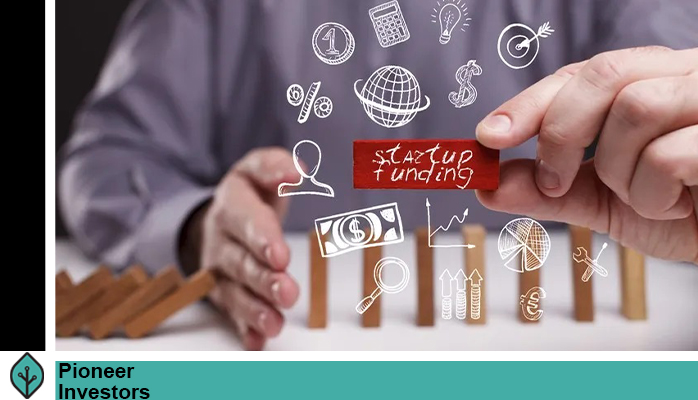What is the impact of the Russian-Ukrainian war on the future of venture capital firms?

What is the impact of the Russian Ukrainian war on the future of venture capital firms?
Pioneer Investors – The Russian-Ukrainian war has significant near-term and long-term economic and political implications, and we believe could unleash a new world order for the next five to ten years. This increased instability in the supply chain, inflation, and overall uncertainty is likely to make the current financial bear market in the West even more harrowing.
We believe the possibility of further decline in VC valuations is increasing, as the capital markets could see bigger drops triggered by the Federal Reserve rate increase, persistent inflation, and a further destabilized geopolitics and supply chain. We expect the valuation to decline by at least 50% for new IPO, getting closer to the historical norm of around 7x revenue vs 15x in 2021
In the private market, we fully expect valuations to decline at least another 30%-50% on top of what we believe is already a 20%-25% decline
We believe the median valuation of early-stage companies will not significantly change but the average is likely to come down quite a bit as the appetite for $40-$60 M seed valuation with only an MVP and a two-person team will decline. We are even beginning to see pre-seed companies at single-digit valuations again – something that only last year we thought we will never again see!
The silver lining is the strong economy in the West, and especially in the U.S. But also of importance is the role of tech platforms and the potential of increasing productivity due to the faster adoption of digital and AI models.
Within this context, we are concerned about the near-term but cautiously optimistic medium and longer-term. So where to invest in this environment? We believe Productivity and Access are the two key areas for success in 2022:
Improvement in productivity will continue as companies deal with labor shortage- higher demand for automation platforms, and increased cost from supply chain problems. Here we look for companies that provide not just automation, but significant ease-of-use through things like cloud-based integration, AI-enabled streamlined on-boarding, UI/UX simplifications, and no-code integrations.
In Healthcare, Fintech, and EdTech, improving access will be key as more services are becoming available online but they need good design and UI/UX. Also, we believe there is an emerging Marketplace 2.0 segment that not only provides a tech-efficient supply-demand matching but in fact provides significant AI-based curation and training of the supply side.
Finally, we expect a strong M&A market this year as the established big tech companies will try to both take advantage of the market correction as well as expand their cloud applications. Oracle’s recent $28 B acquisition of Cerner and Microsoft’s $68 B acquisition of Activision are just two examples of this trend.
Source: IPO Statistics 1980-2021, Think+ Ventures.




